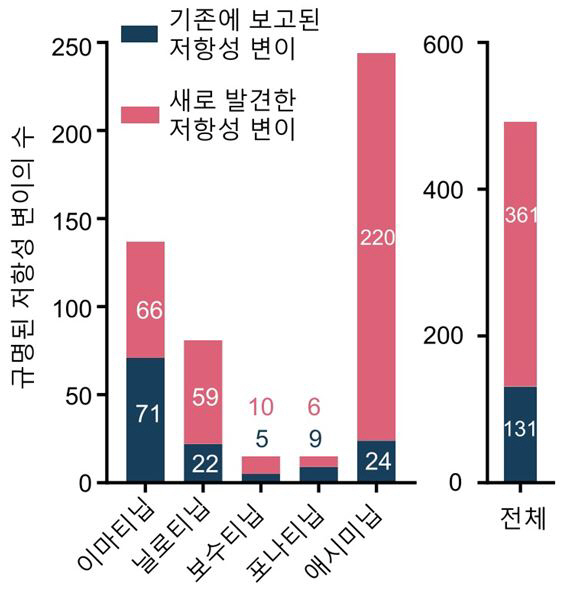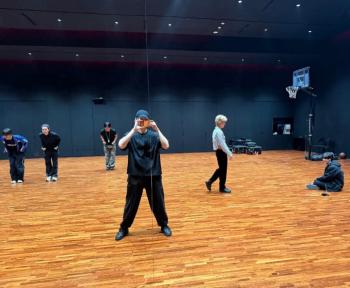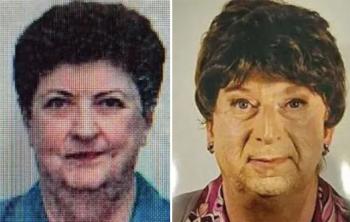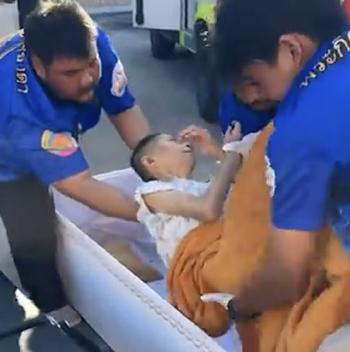Development of technology to predict the effectiveness of treatment of chronic myeloid leukemia and anticancer drugs...expectations of customized precision care
Nov 25, 2025
|
Professor Kim Hyung-beom and Dr. Yoo Gu-sang's research team at Yonsei University Medical School announced on the 25th that they have identified all anti-cancer drug resistance patterns according to ABL1 gene mutations in chronic myeloid leukemia cells using Prime editing technology.
The results of this study are from the international journal Nature BioIt is published in Nature Biomedical Engineering (IF 26.7)'.
Chronic myeloid leukemia is a representative blood cancer caused by the BCR-ABL1 fusion gene. This gene abnormally activates the ABL1 enzyme in cells, causing cancer cells to continue to grow. For chronic myeloid leukemia, four generations of anticancer drugs have been developed and are showing good treatment effects in many patients.
However, if the treatment period continues, there are frequent cases where the ABL1 gene is mutated and resistance to drugs occurs. When genetic mutations occur, it is difficult to know which drugs are resistant and responding to, making it difficult to select anticancer drugs suitable for each patient at the clinic.
Using the latest genetic correction technology called the 'Prime Editor', the research team analyzed the degree of resistance to anticancer drugs in 98% (1954/1998) of single amino acid mutations that can occur in the ABL1 gene.
Prime editing technology was used to create 1954 single amino acid mutations that could occur in the ABL1 gene within the human-derived chronic myelogenous leukemia cell line (K562). Since then, the degree of resistance to a total of five drugs, including imatinib, nilotinib, bossutinib, ponatinib, and asciminib, which are anticancer drugs from the first to the fourth generation, was evaluated for each mutation.
As a result, 361 pairs of drug resistance mutations that were not previously identified could be newly identified. In particular, a number of new resistant variations that were not in the existing clinical guidelines appeared, and variational patterns that responded only to specific drugs or were resistant to multiple drugs at the same time were also identified.
In addition, the research team conducted the same analysis in other human-derived chronic myelogenous leukemia cell lines (KCL22) and mouse models, and confirmed consistent results in the re-verification results.
Professor Kim Hyung-beom "This study confirmed information on anticancer drug resistance to the overall ABL1 gene mutation"In the future, even if genetic mutations are found in patients with chronic myelogenous leukemia, it is expected that research data can be used to provide customized precision medical care for each patient."
|
This article was translated by Naver AI translator.















